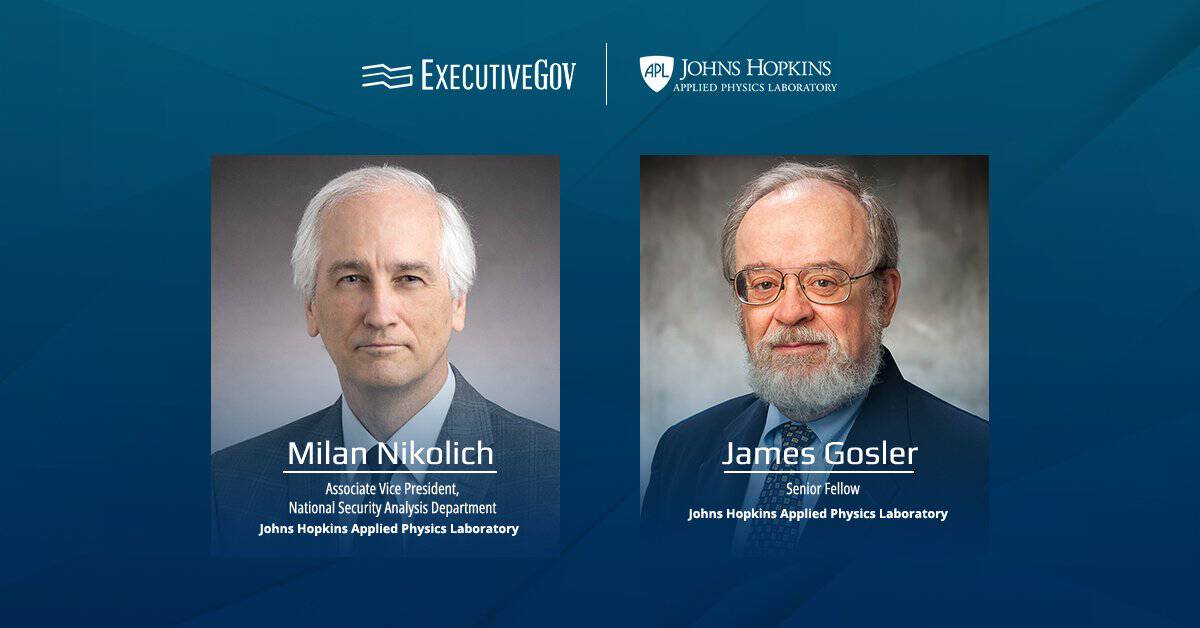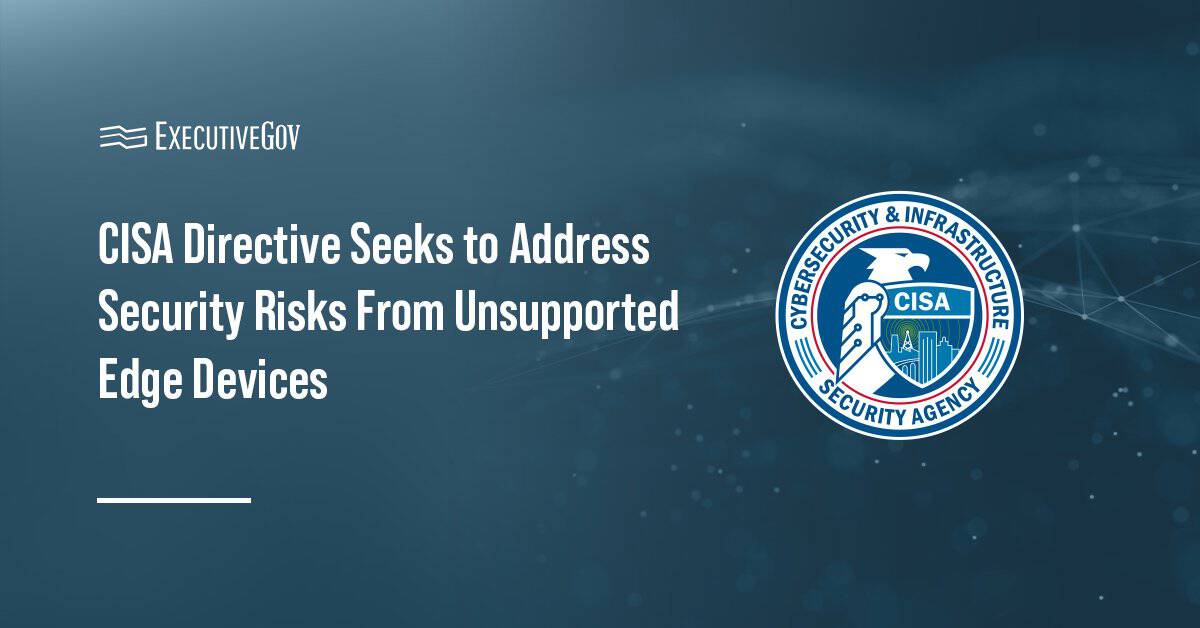 A new Congressional Budget Office report says the federal budget deficit in fiscal year 2016 ended Sept. 30 reached $587 billion, about $148 billion higher than the shortfall recorded in the previous fiscal year.
A new Congressional Budget Office report says the federal budget deficit in fiscal year 2016 ended Sept. 30 reached $587 billion, about $148 billion higher than the shortfall recorded in the previous fiscal year.CBO said Monday the FY 2016 budget deficit was equivalent to 3.2 percent of the U.S. gross domestic product in 2016, up from 2.5 percent of GDP in 2015.
The agency attributed approximately $41 billion of the deficit increase to the shift in the timing of government payments.
Government revenues in FY 2016 hit $3.3 trillion that represented 17.8 percent of GDP in 2016, down from 18.1 percent recorded in the previous year but above the average of 17.4 percent over the past five decades, according to CBO.
The congressional budget watchdog also found that net government spending reached $3.9 trillion in FY 2016, a $166 billion increase in outlays recorded in FY 2015.





